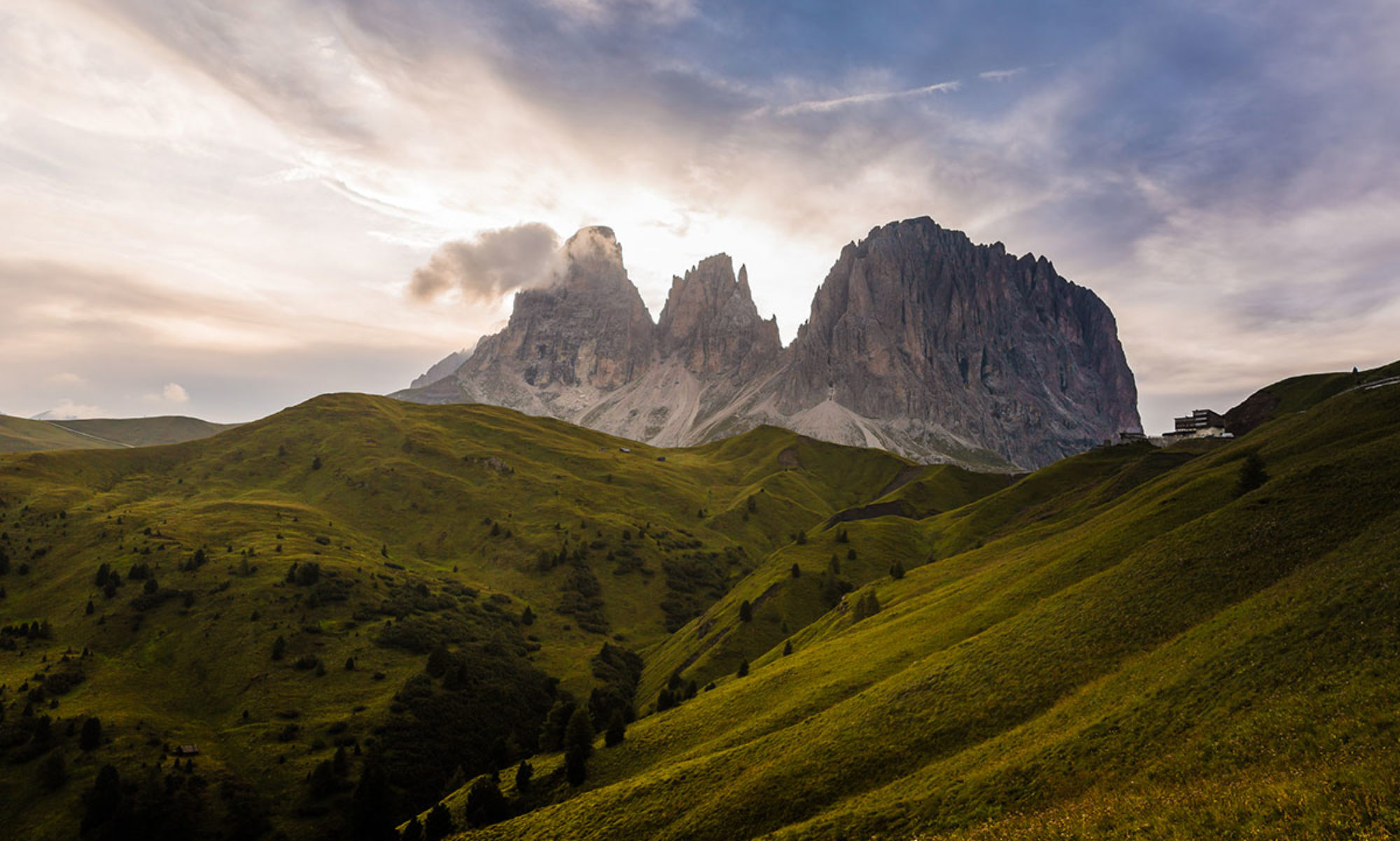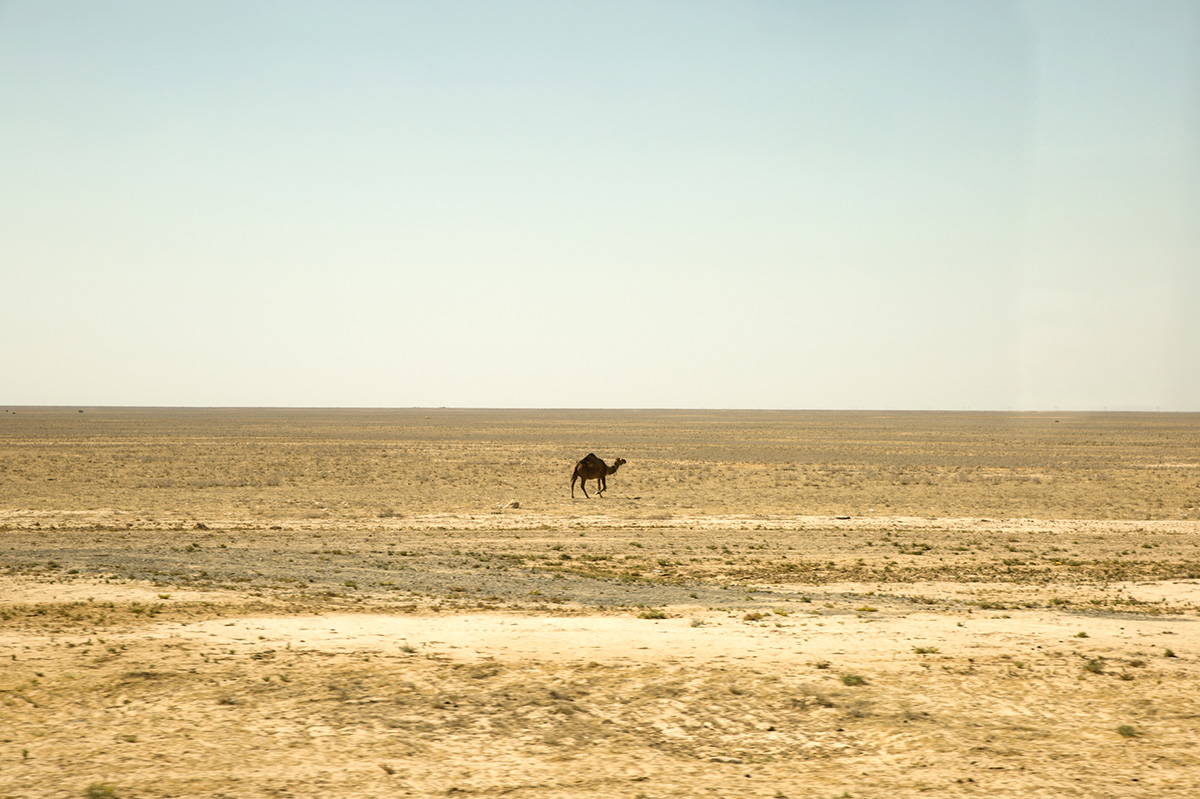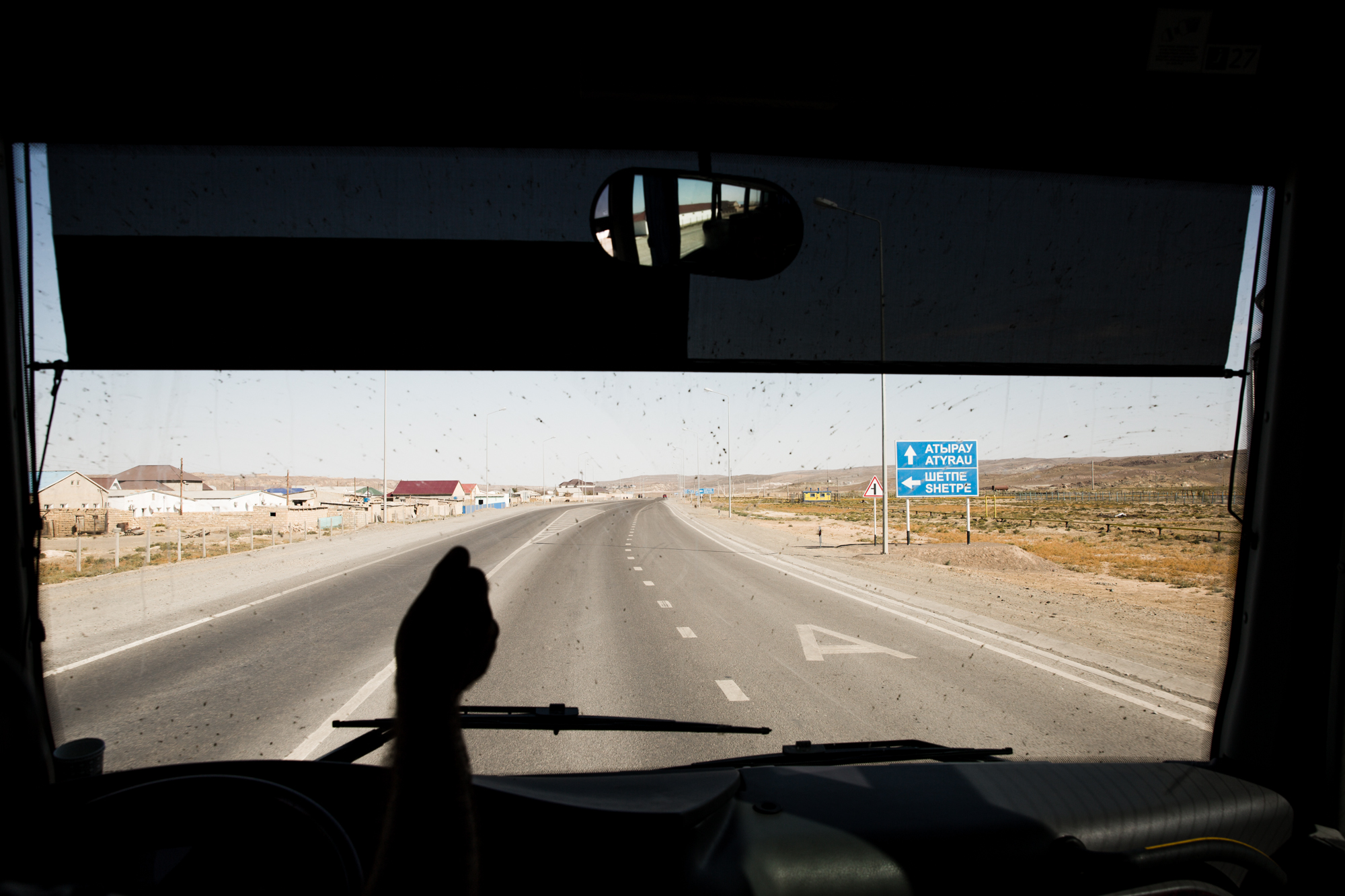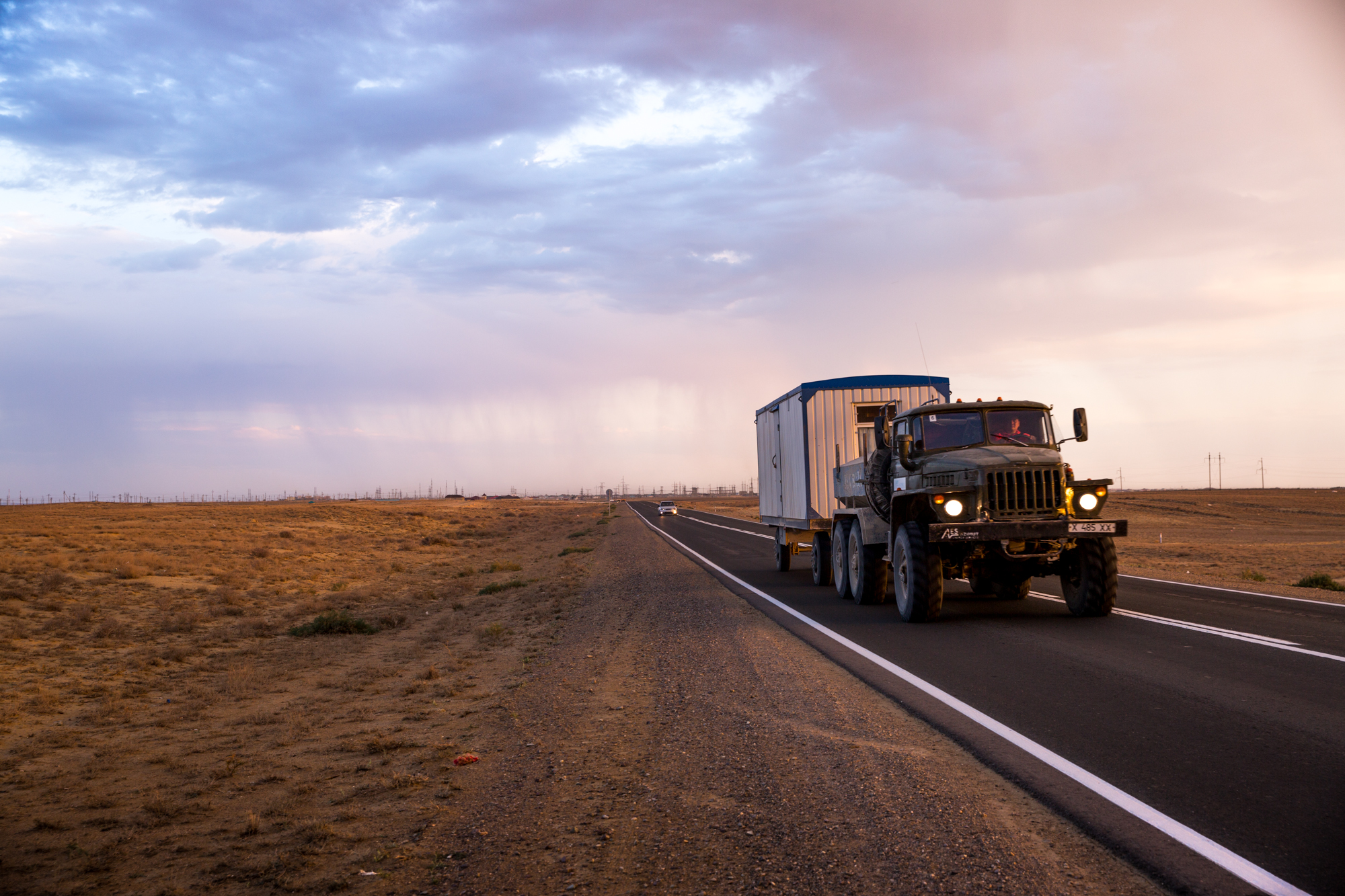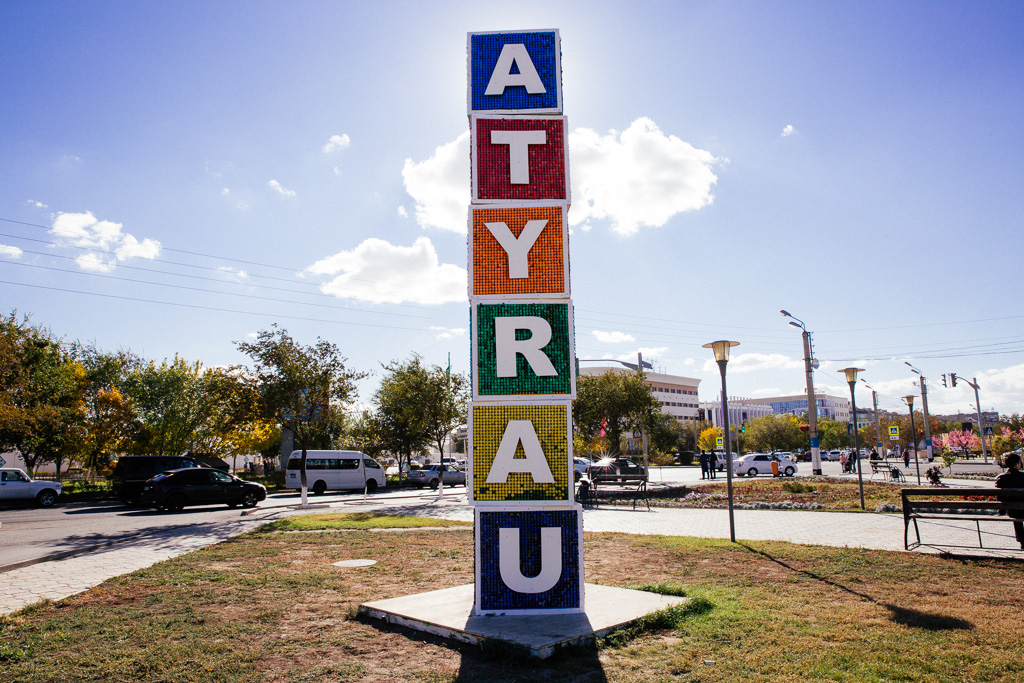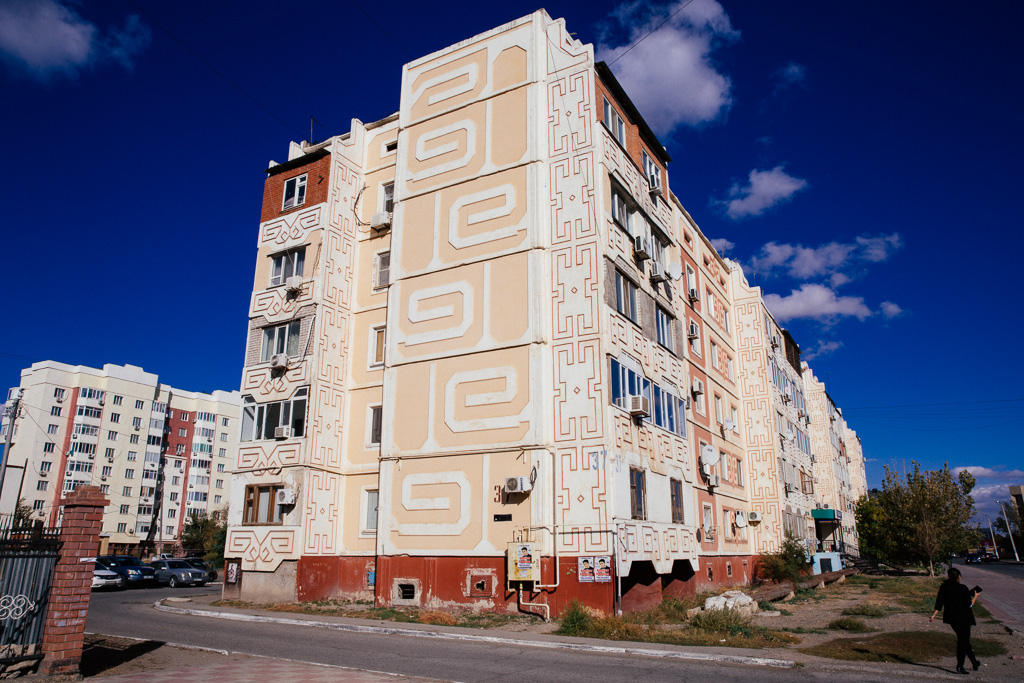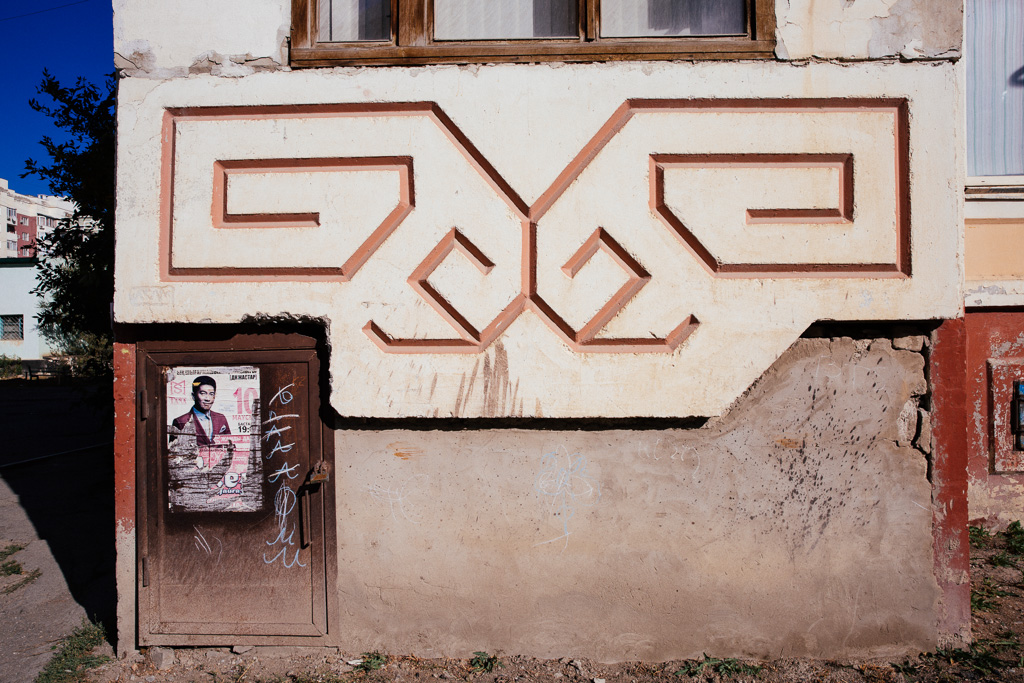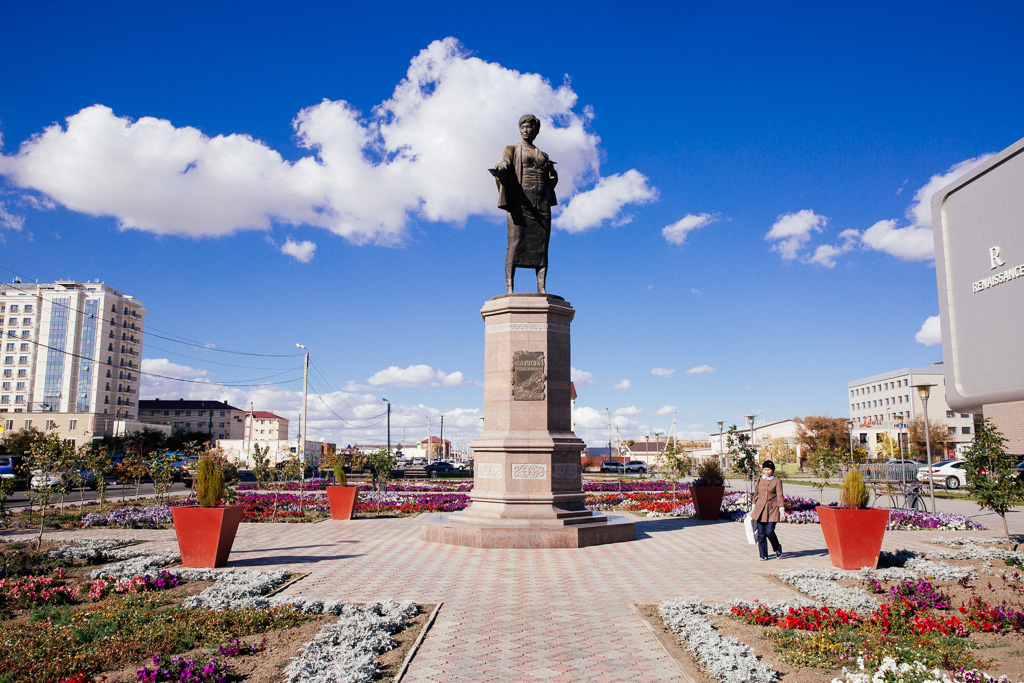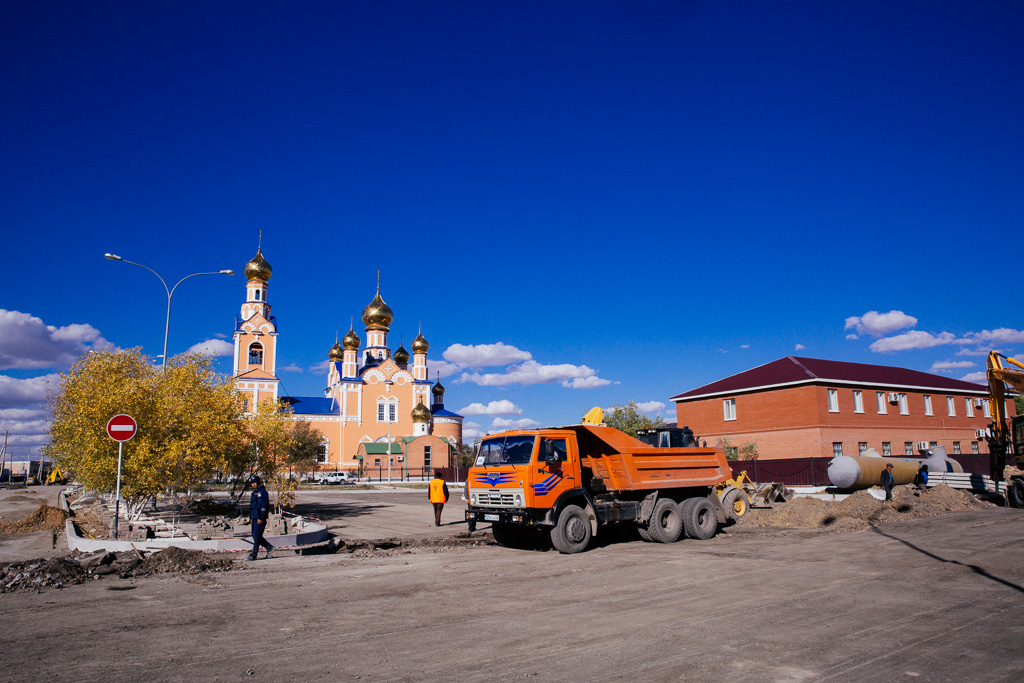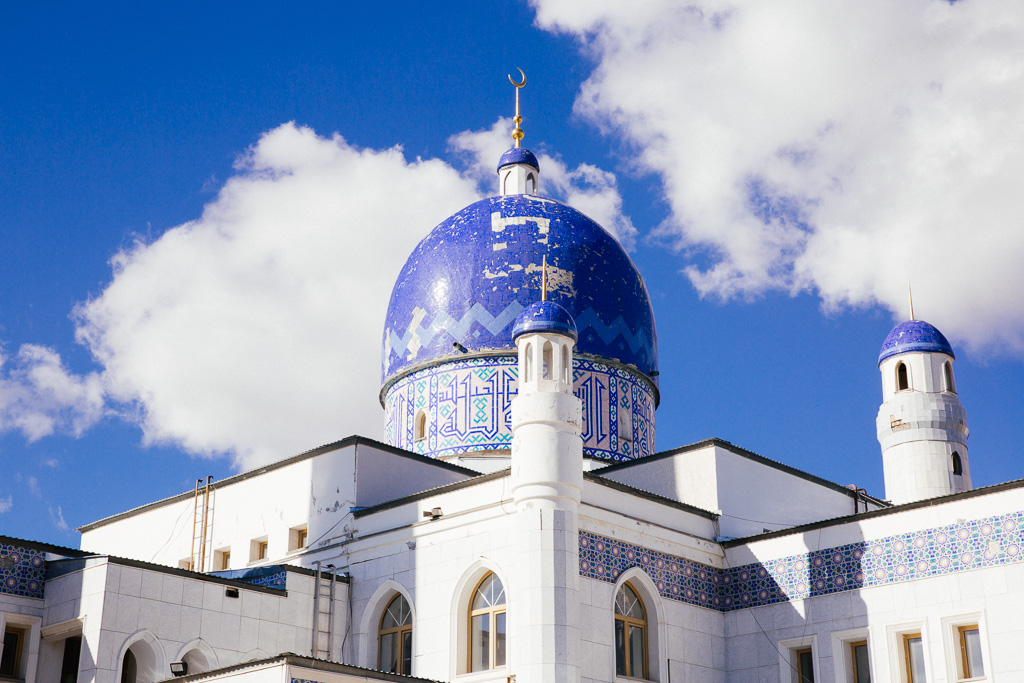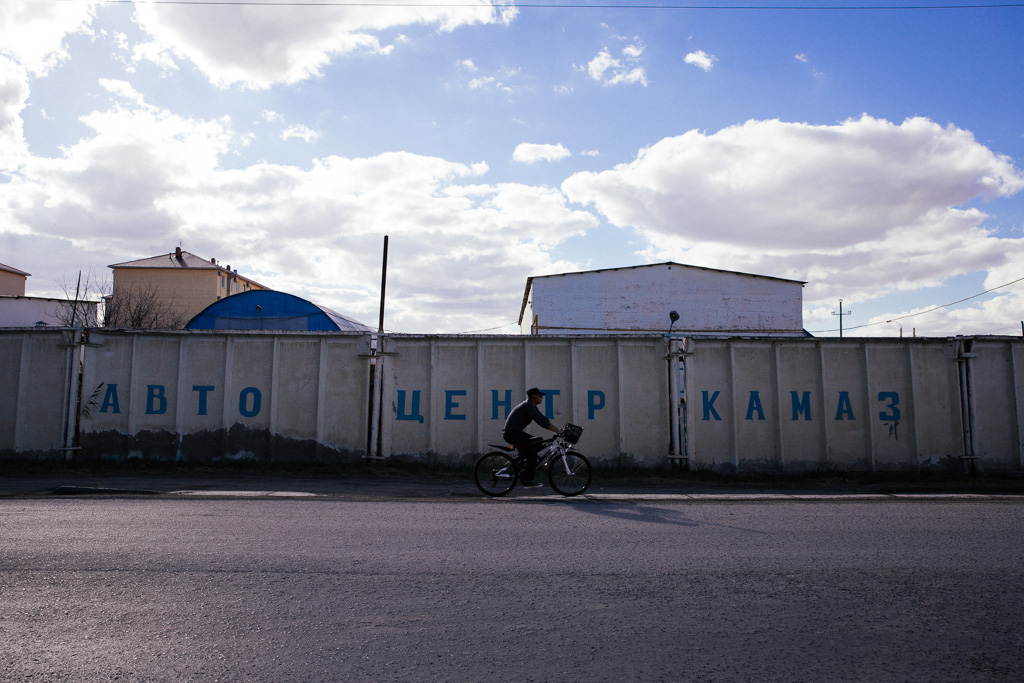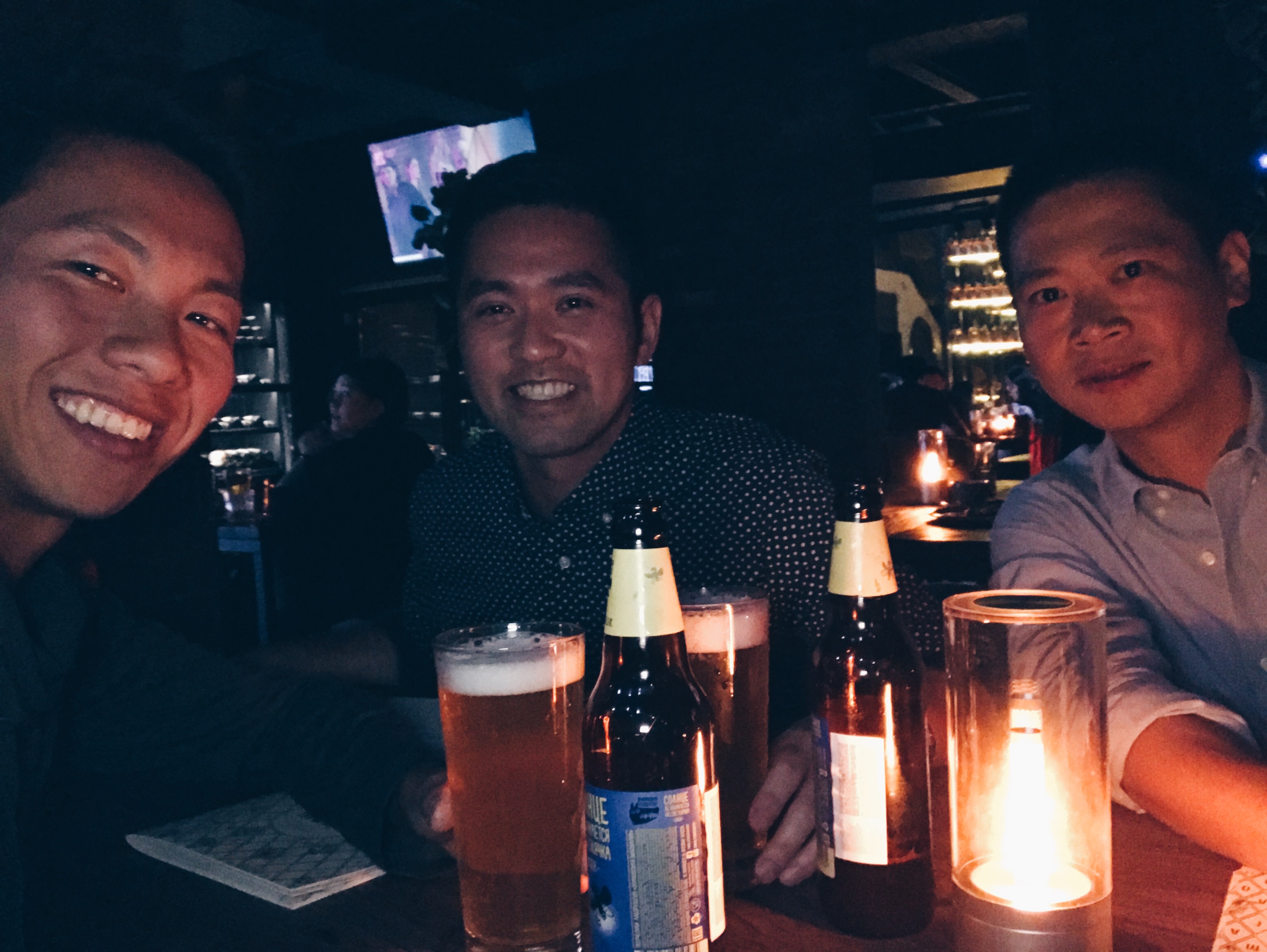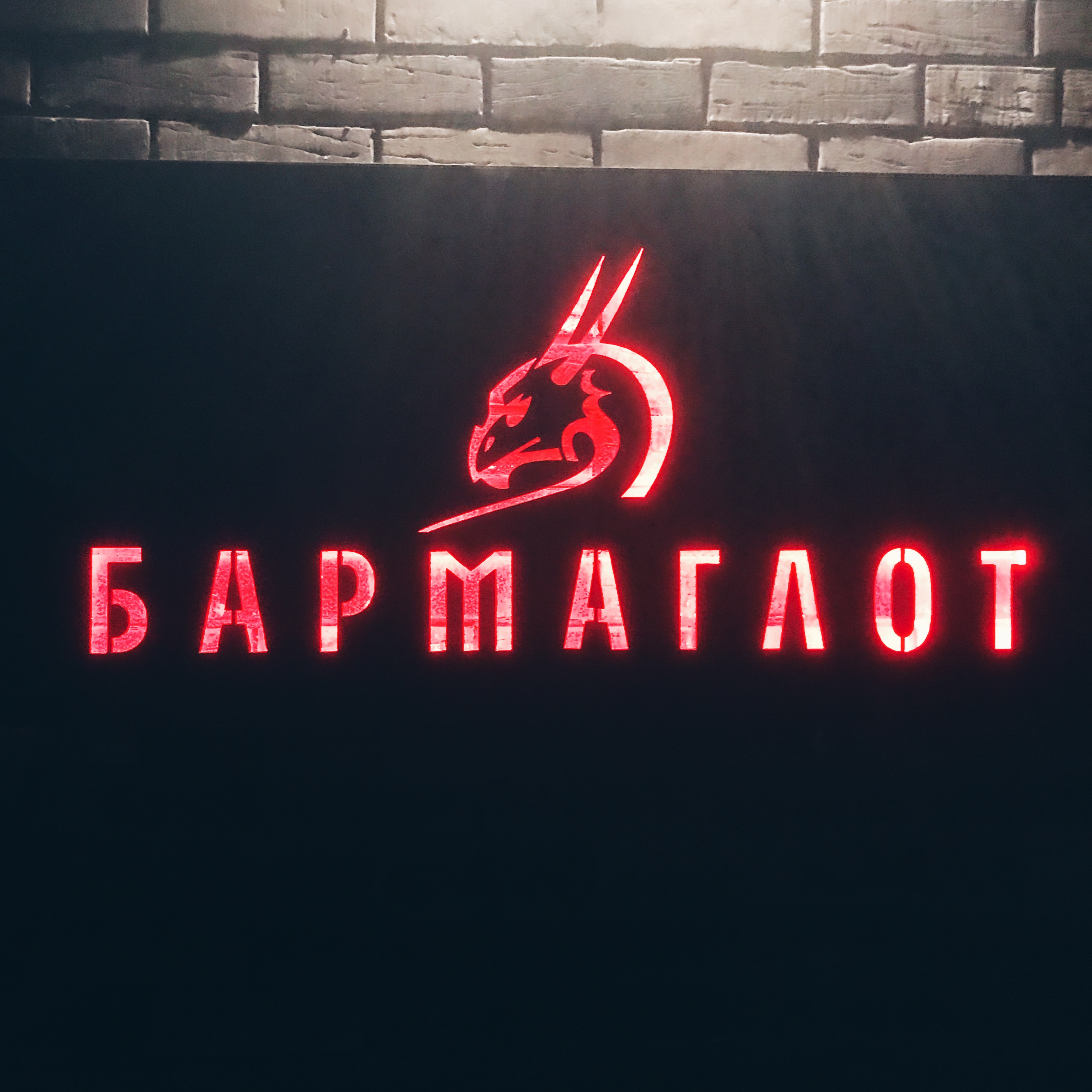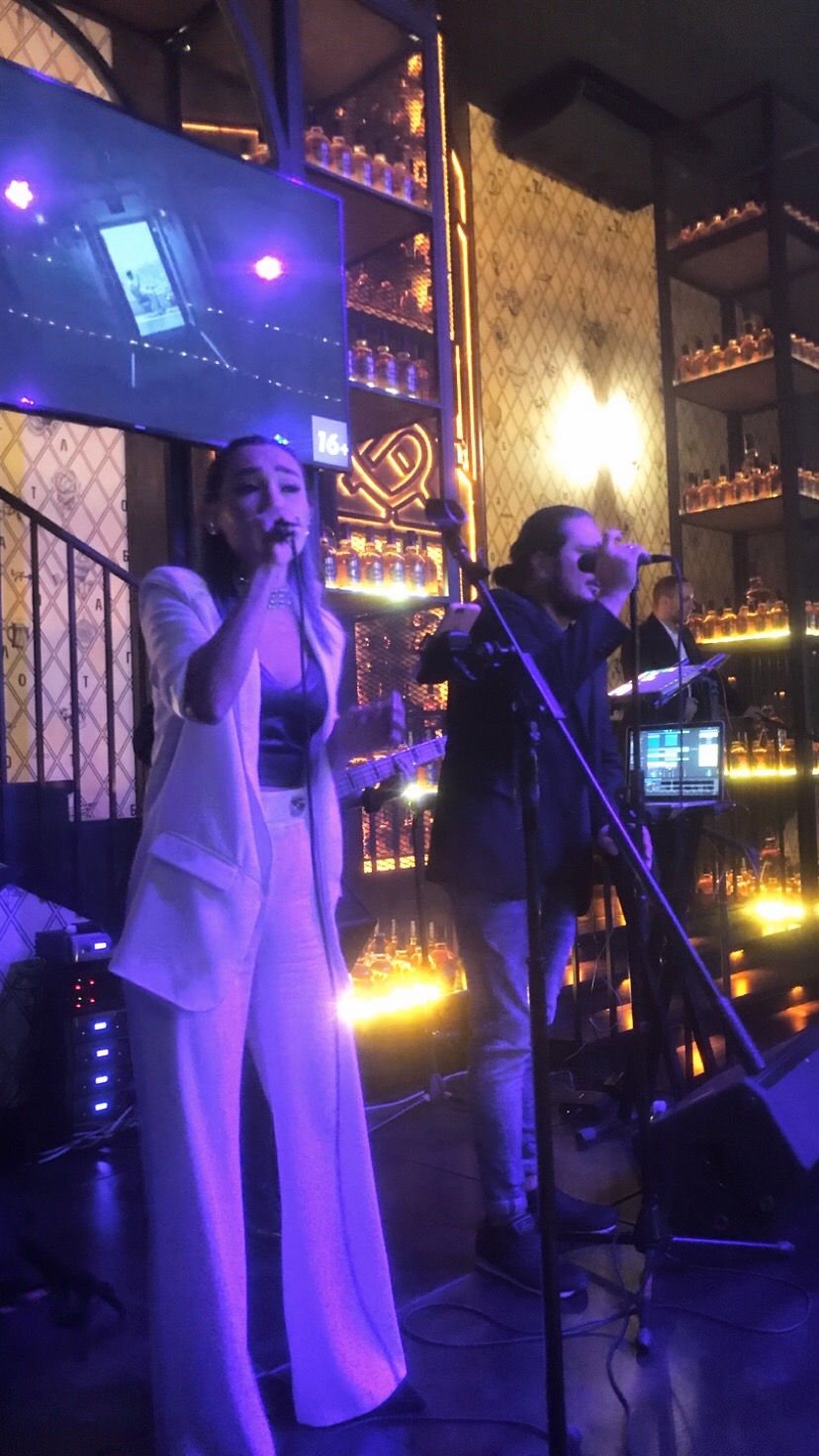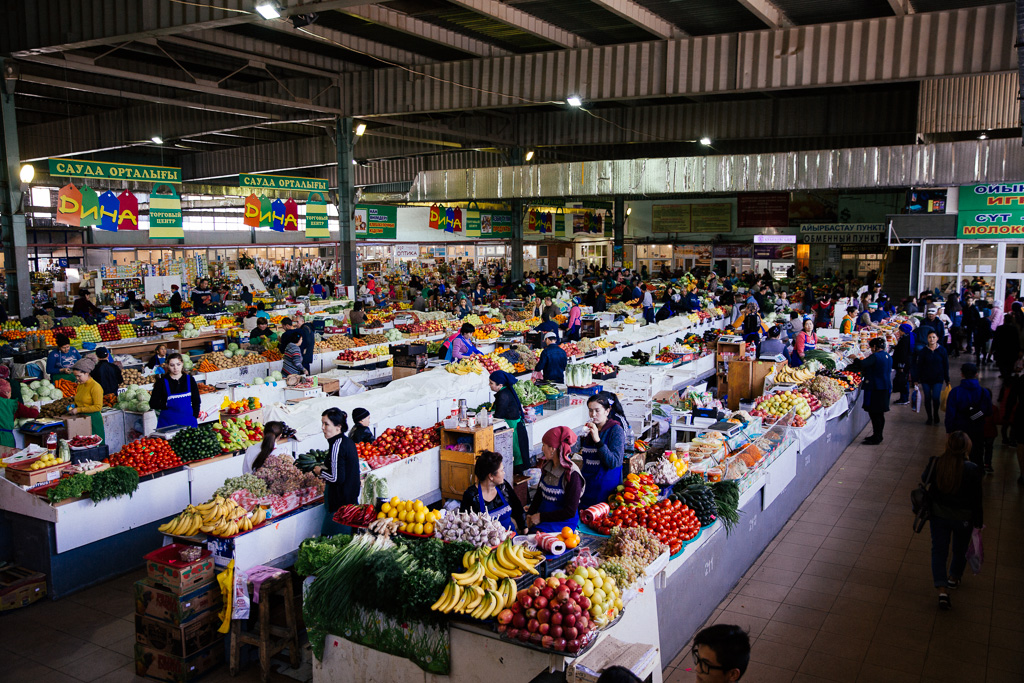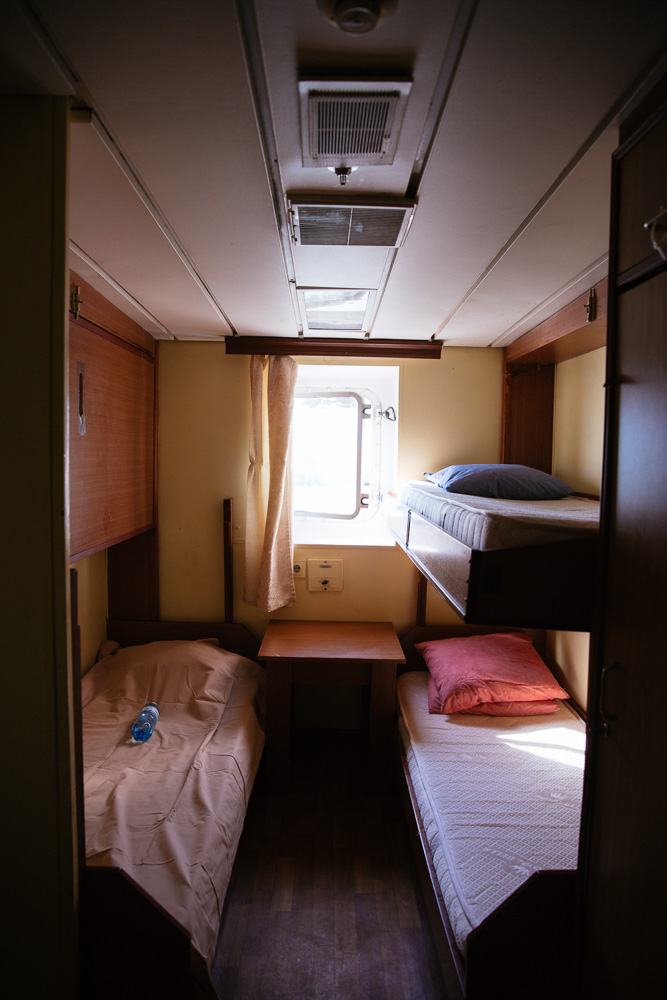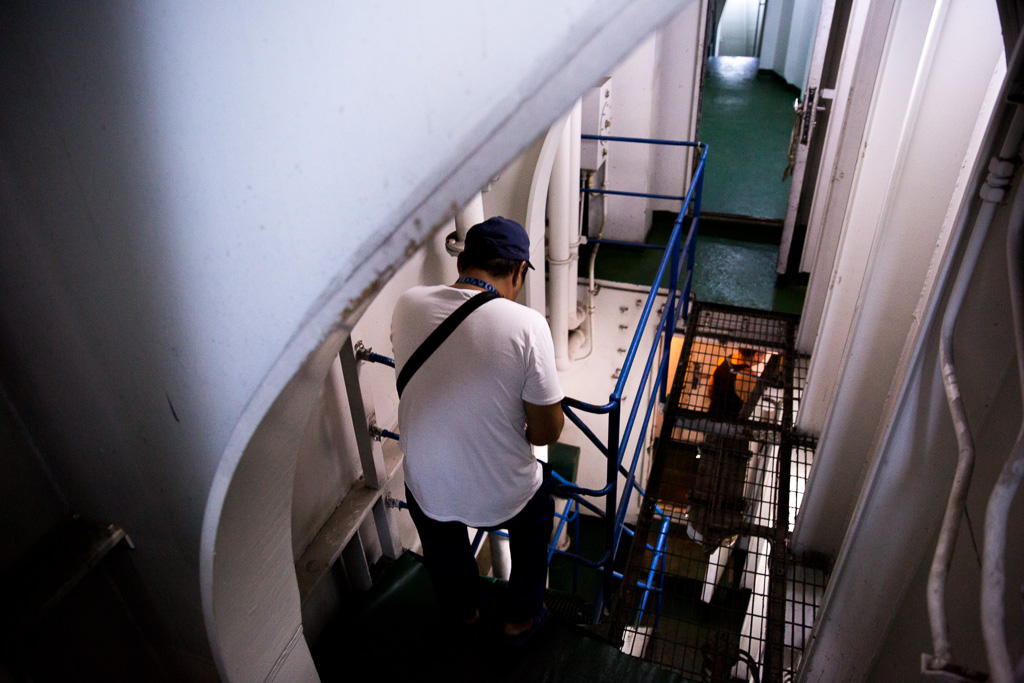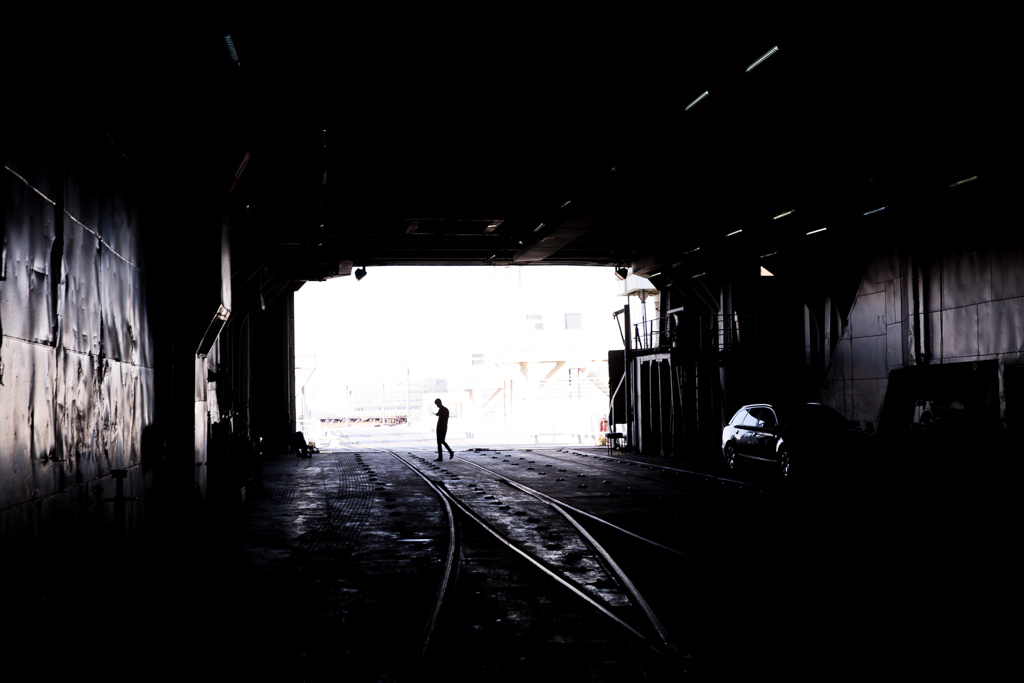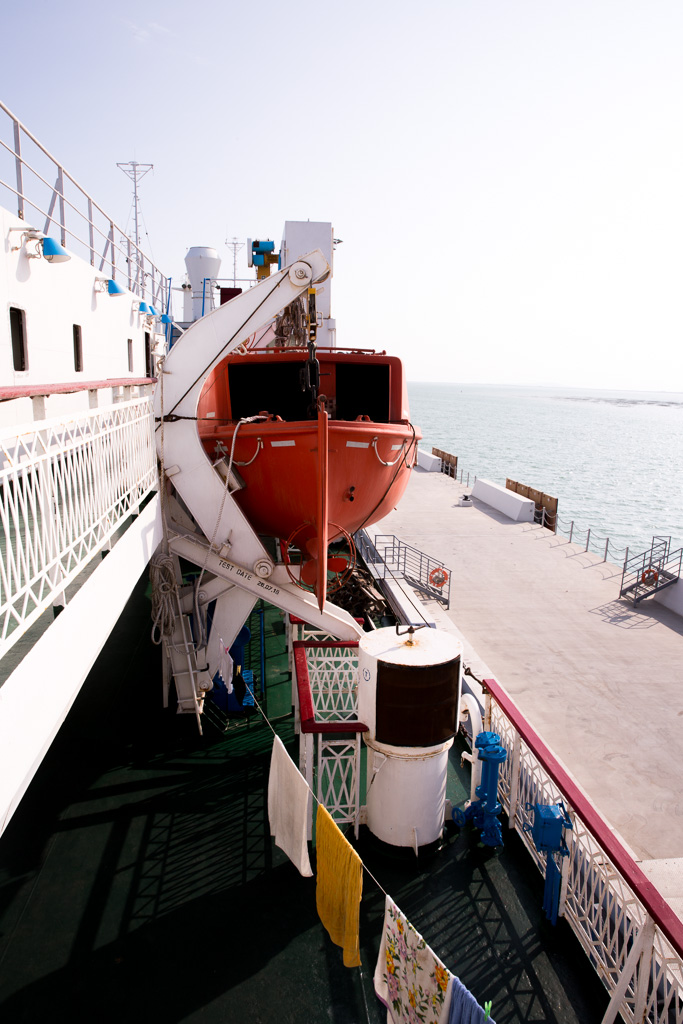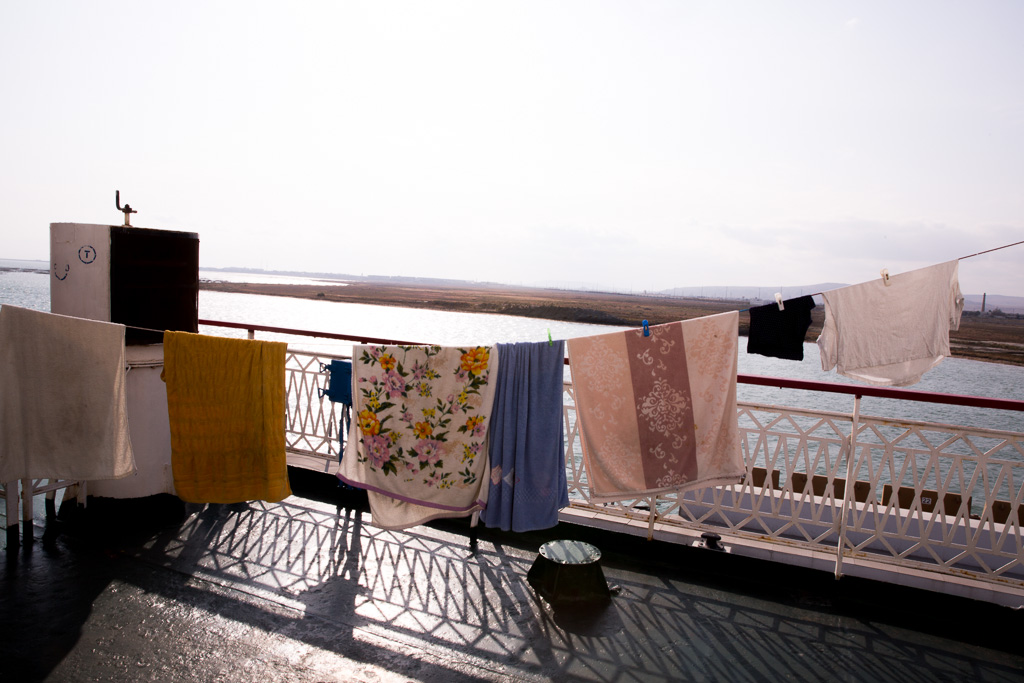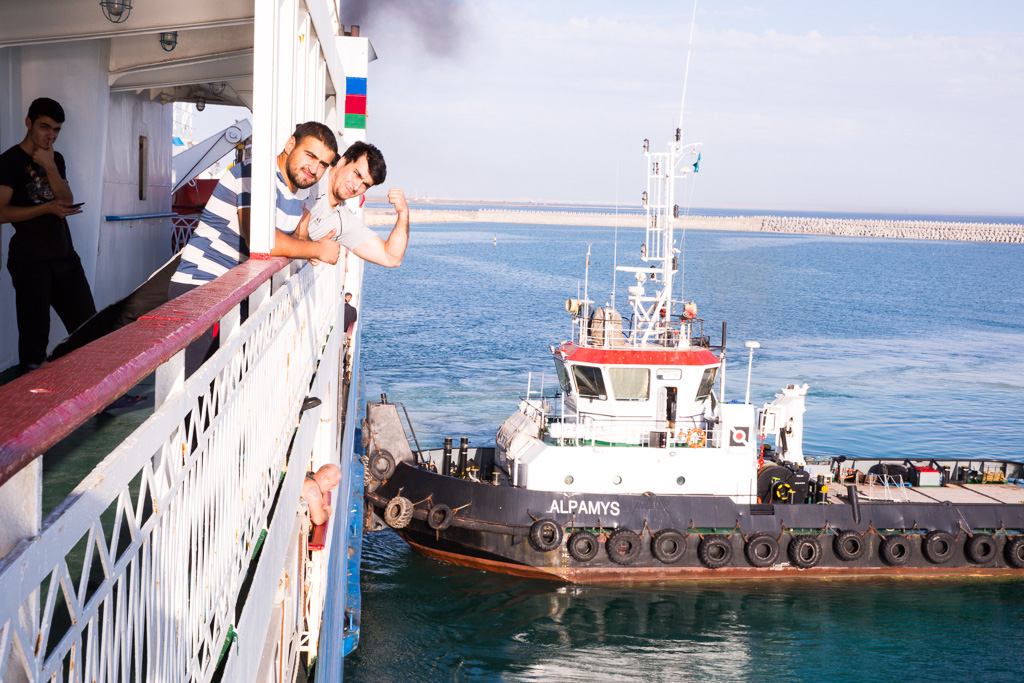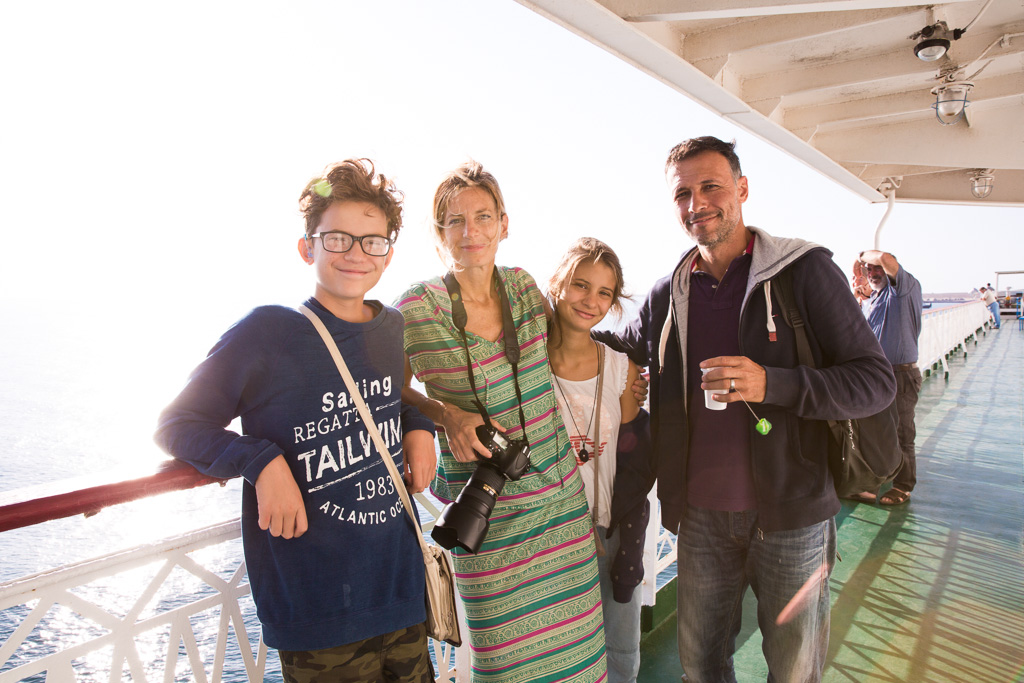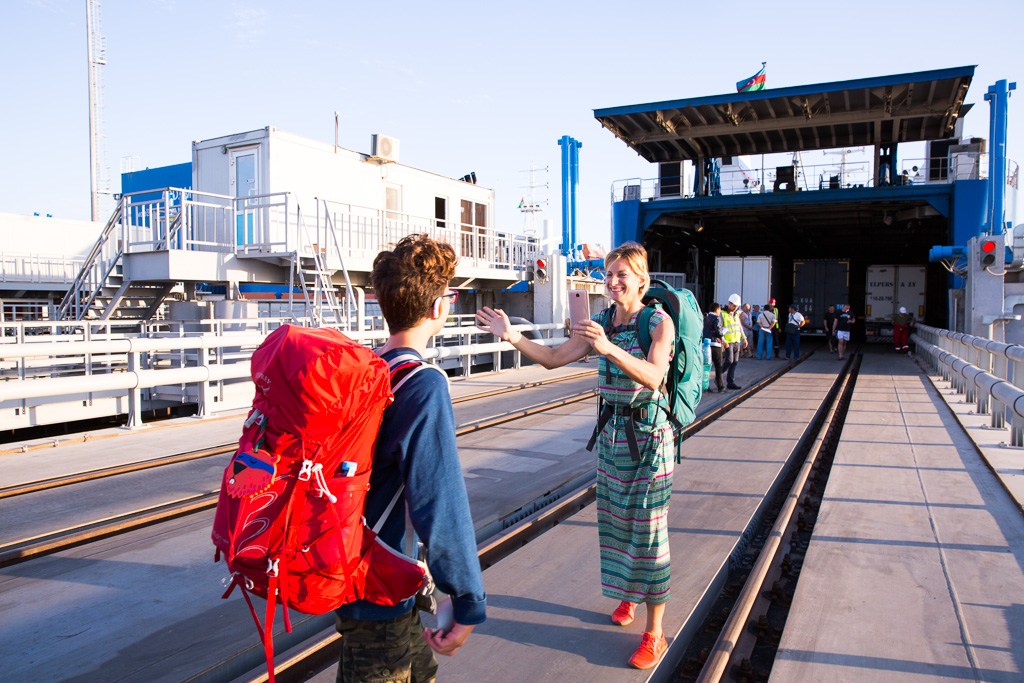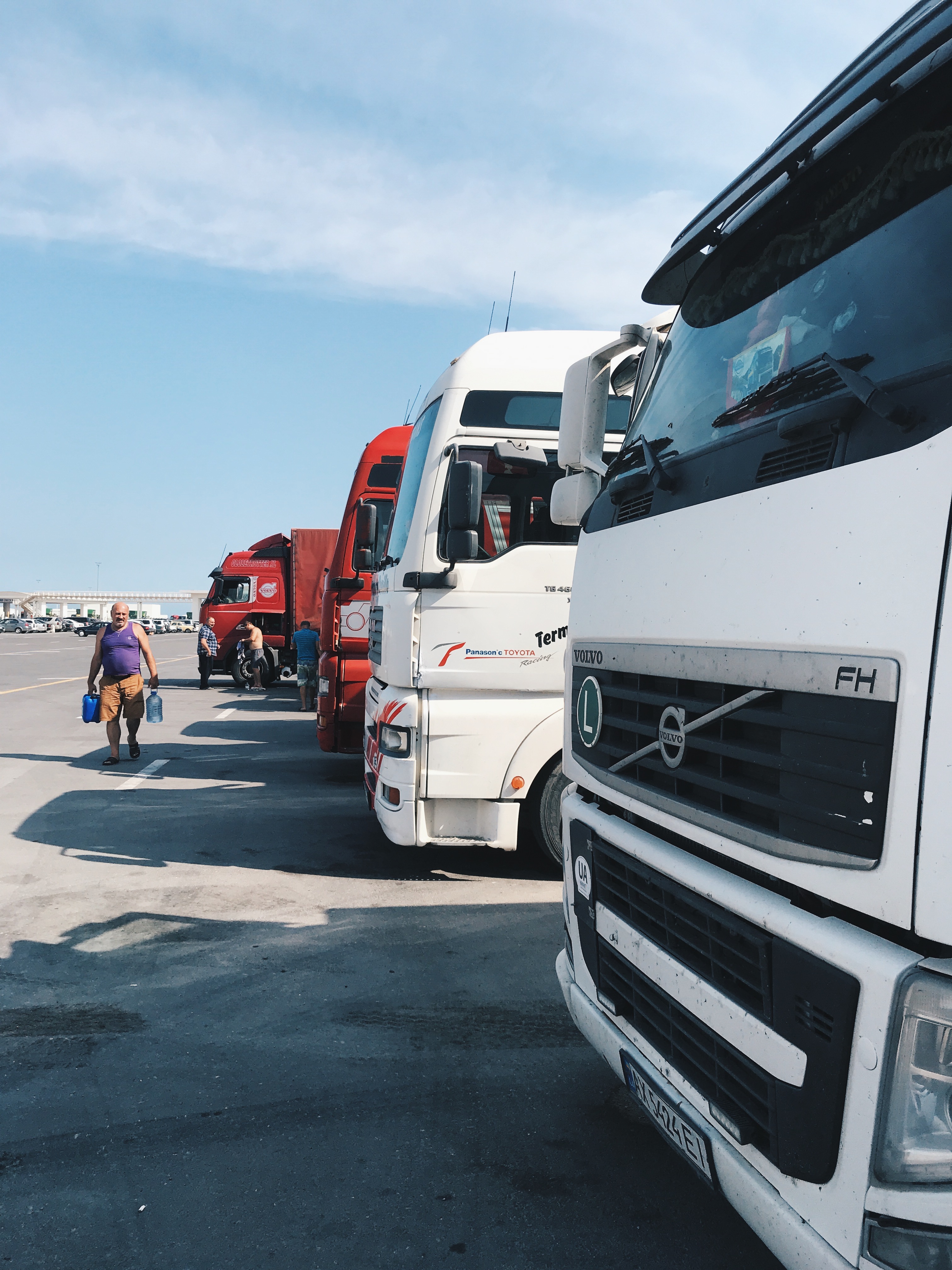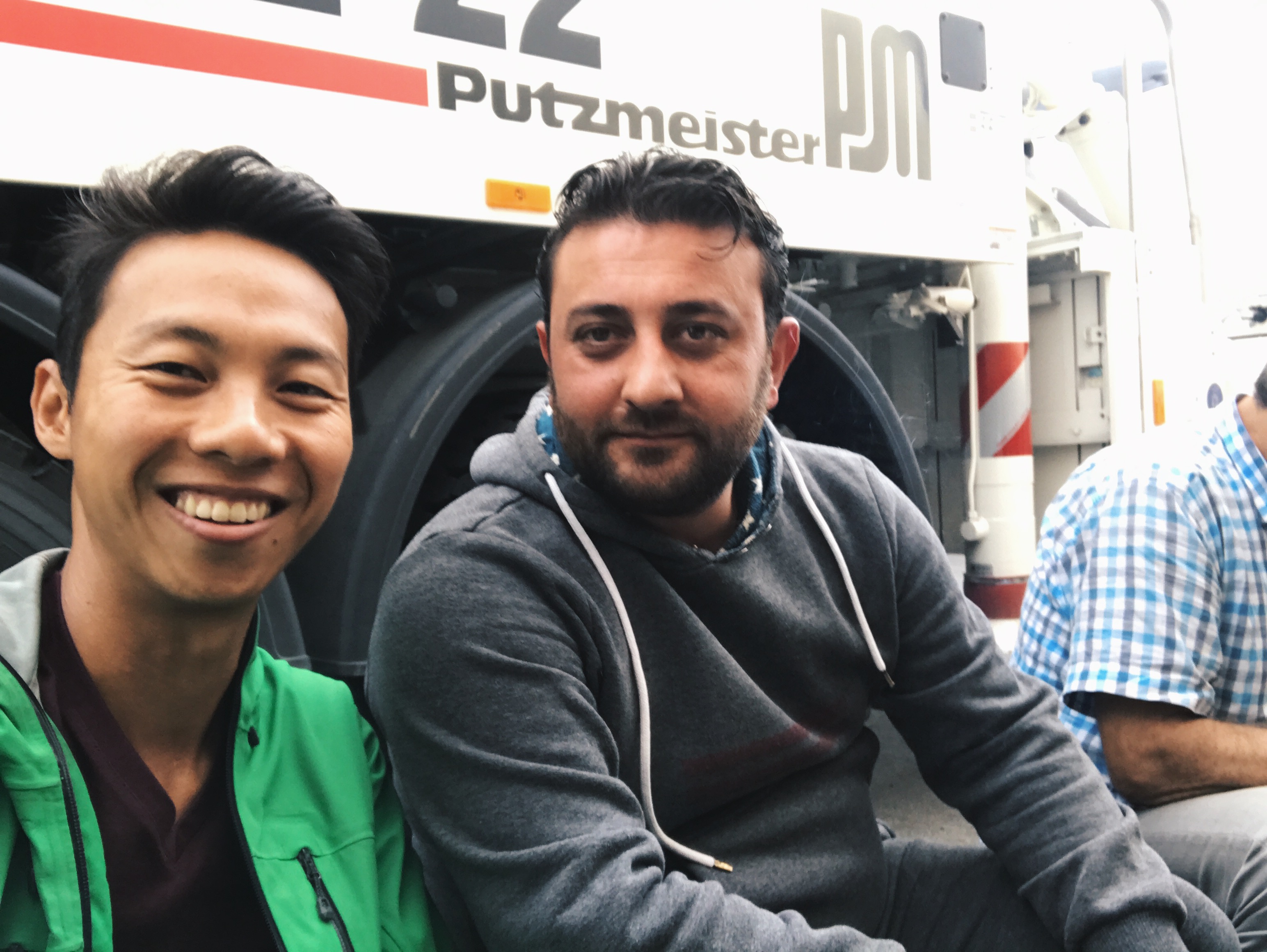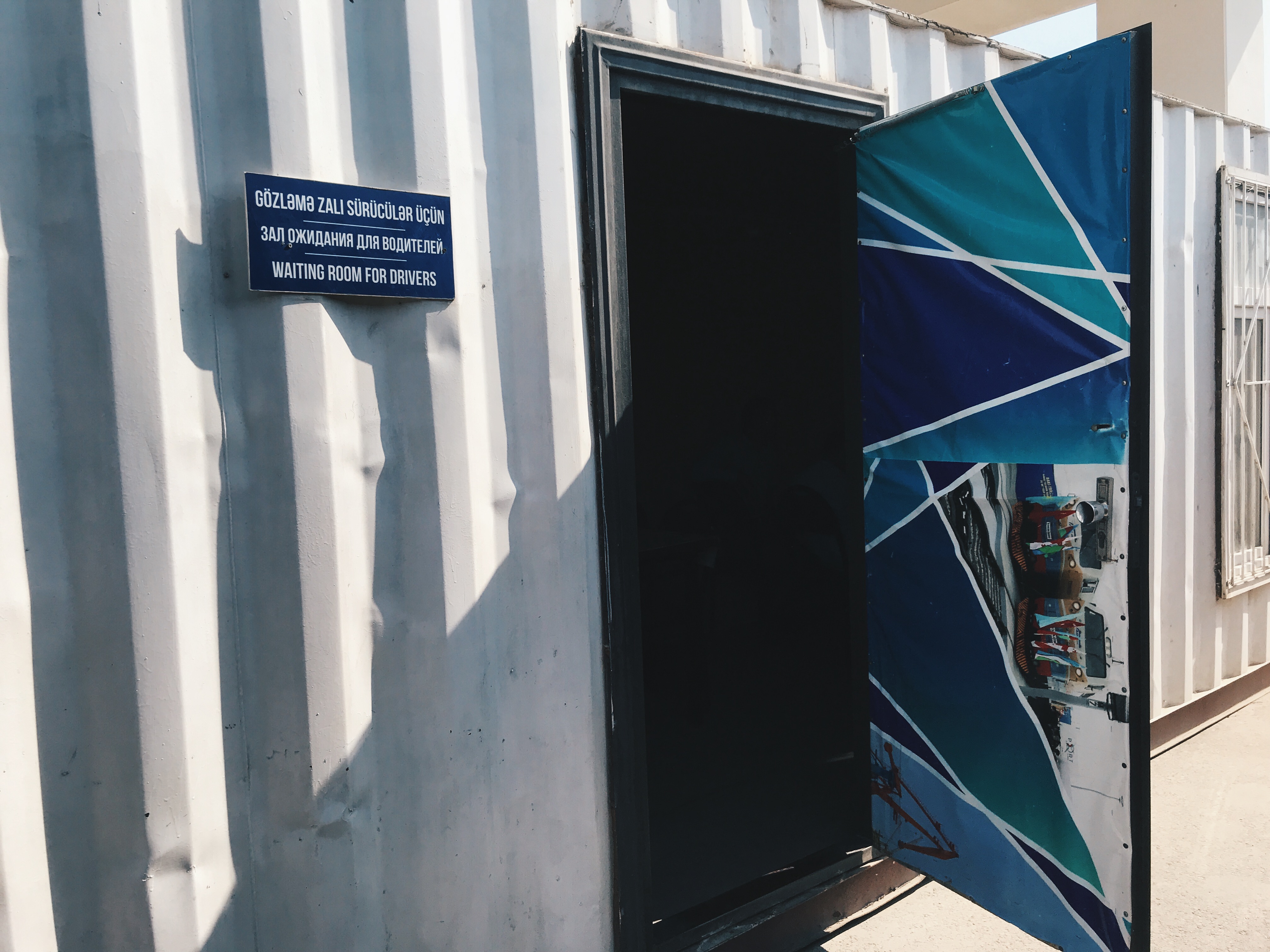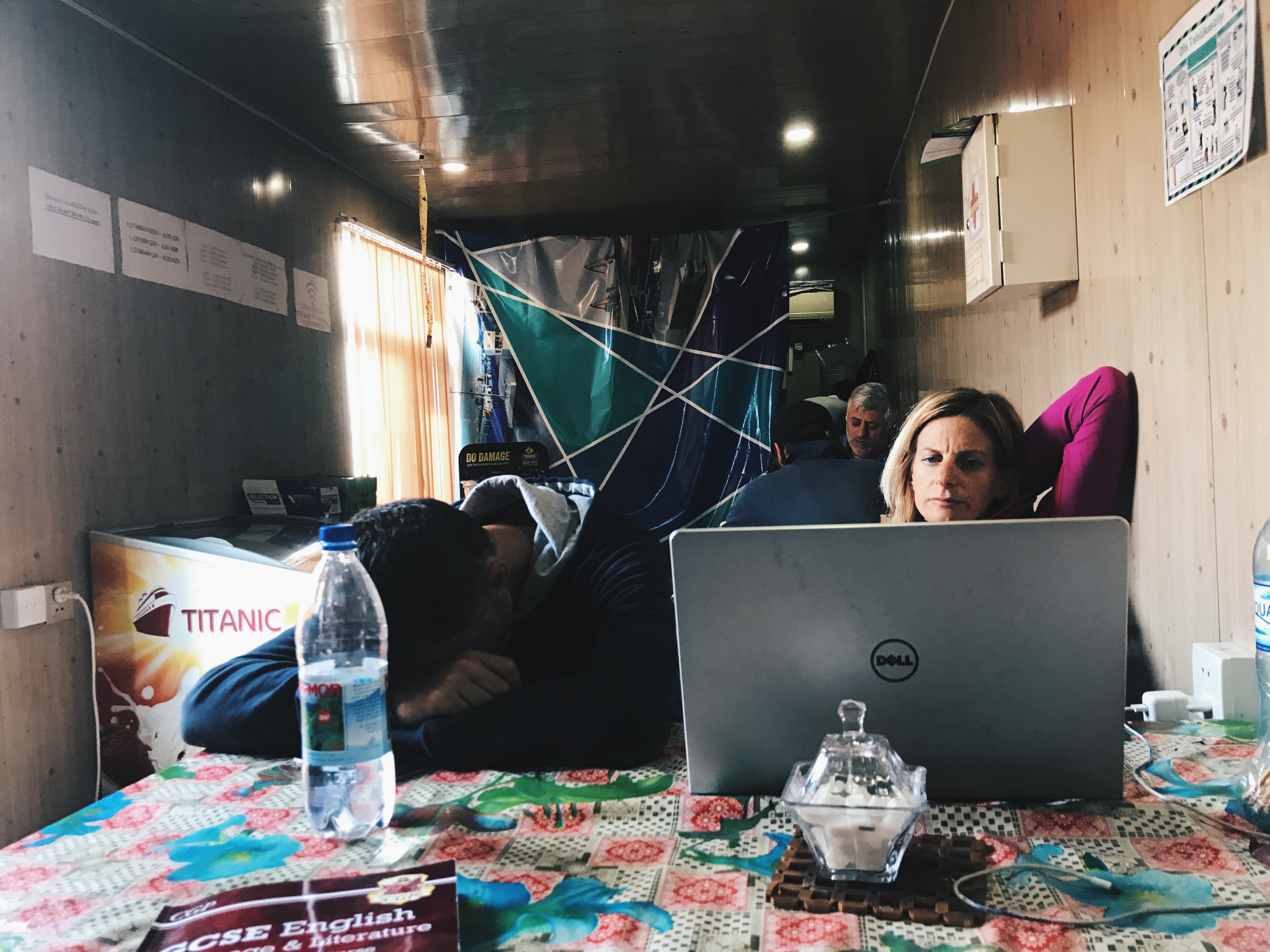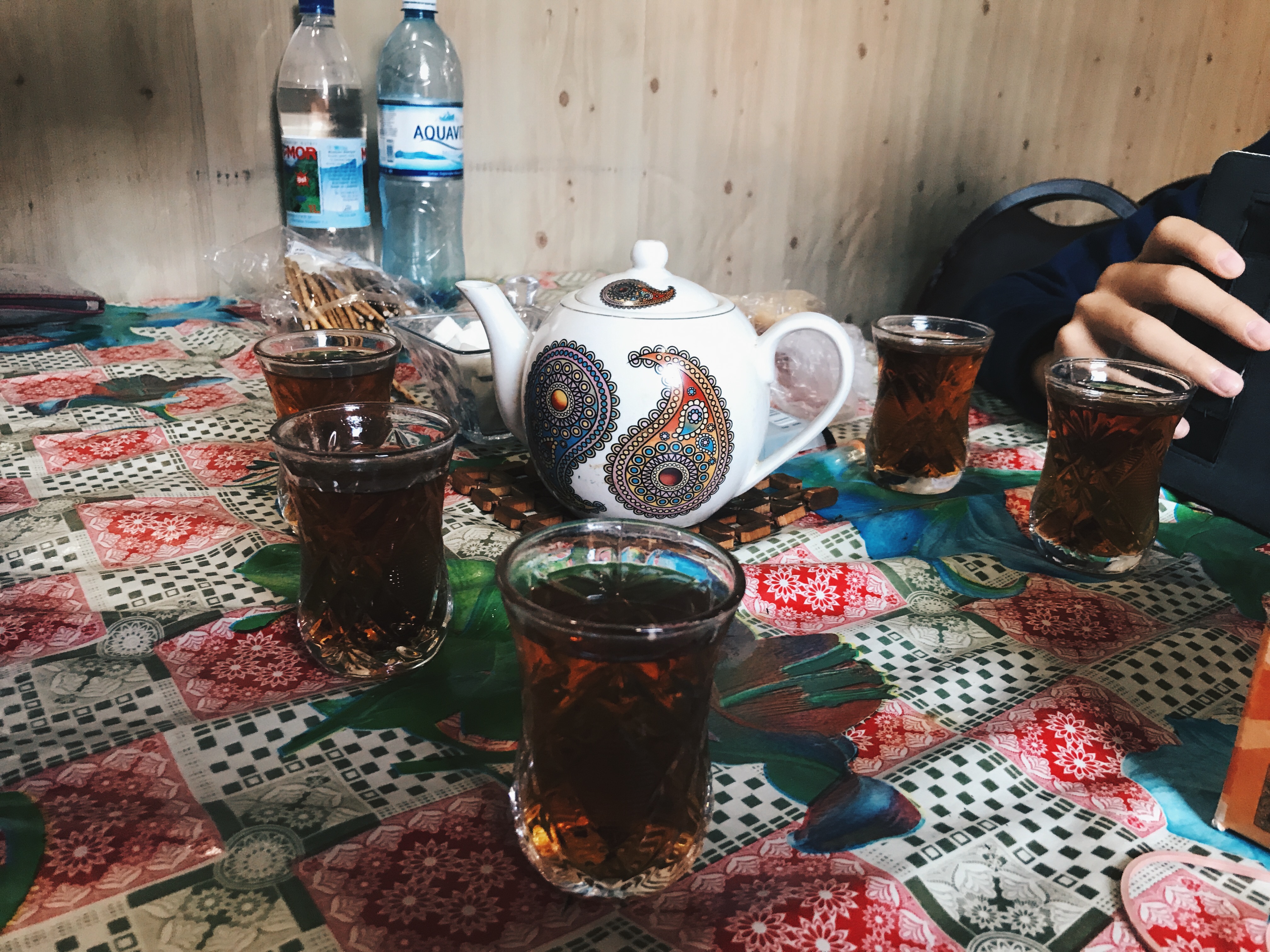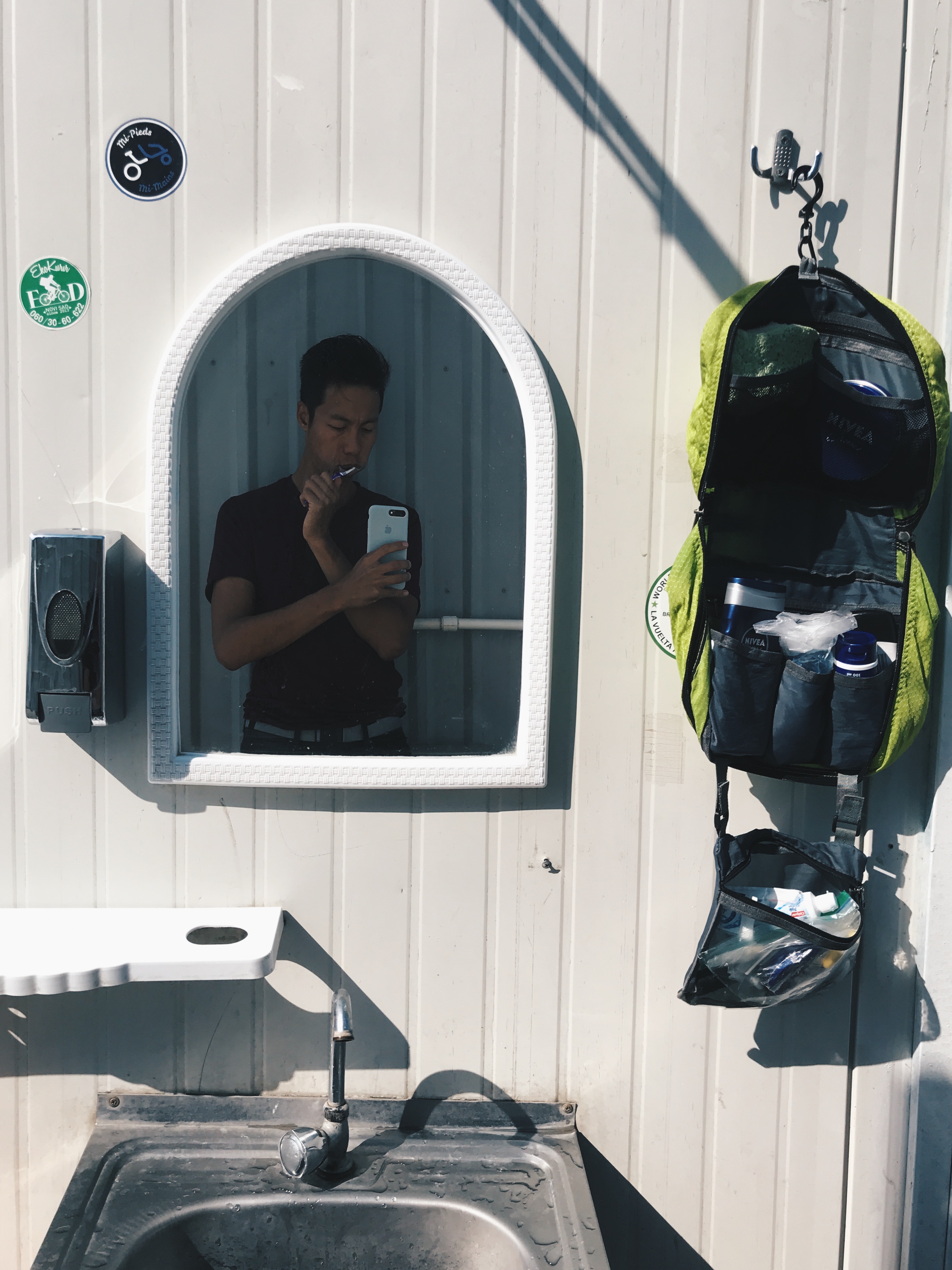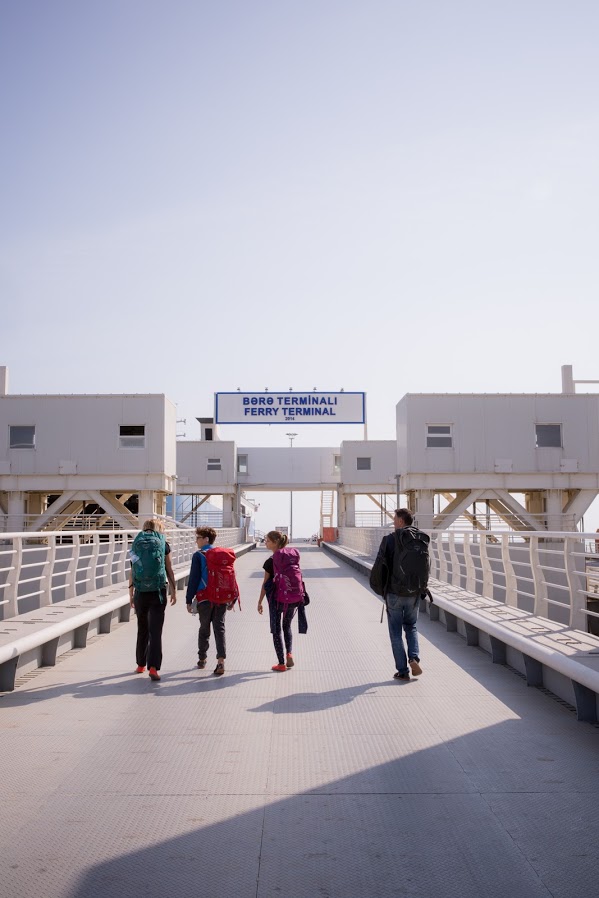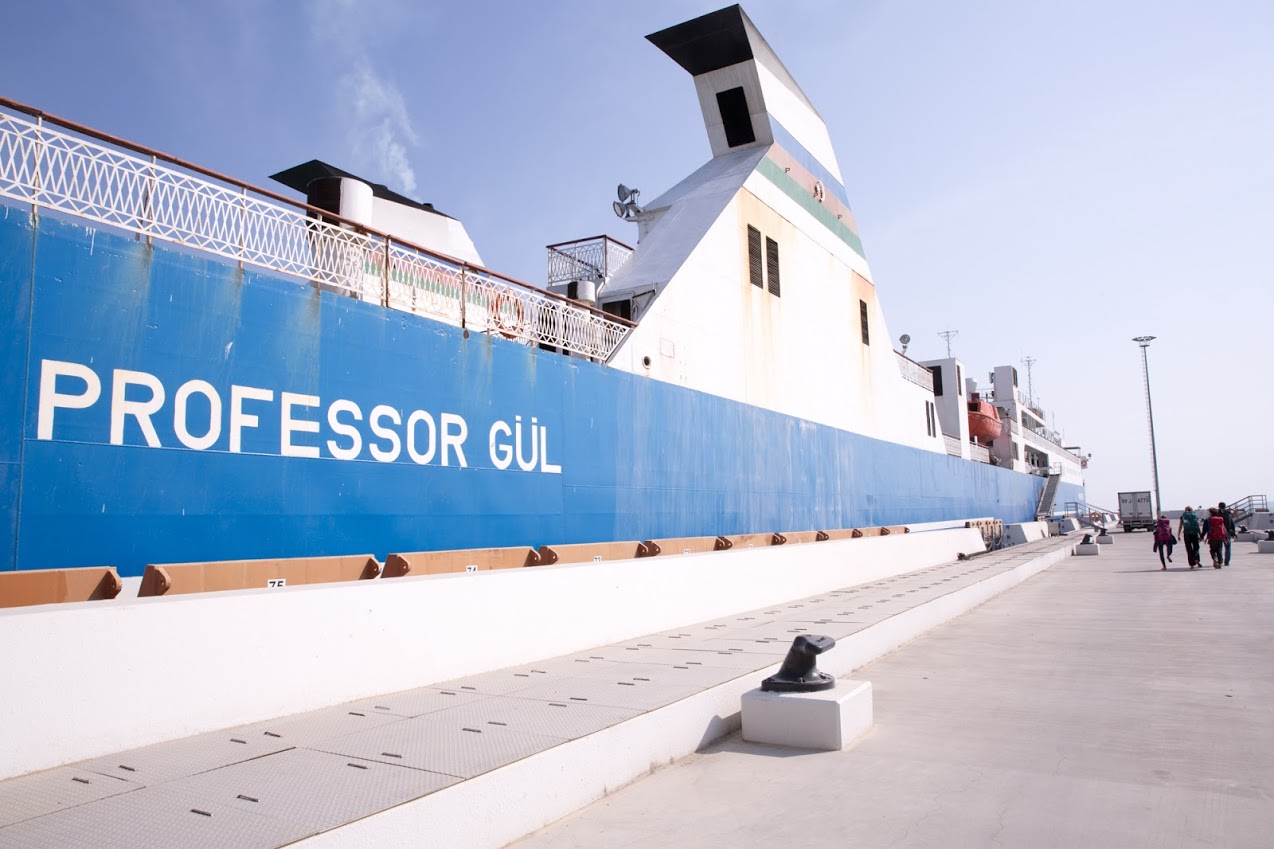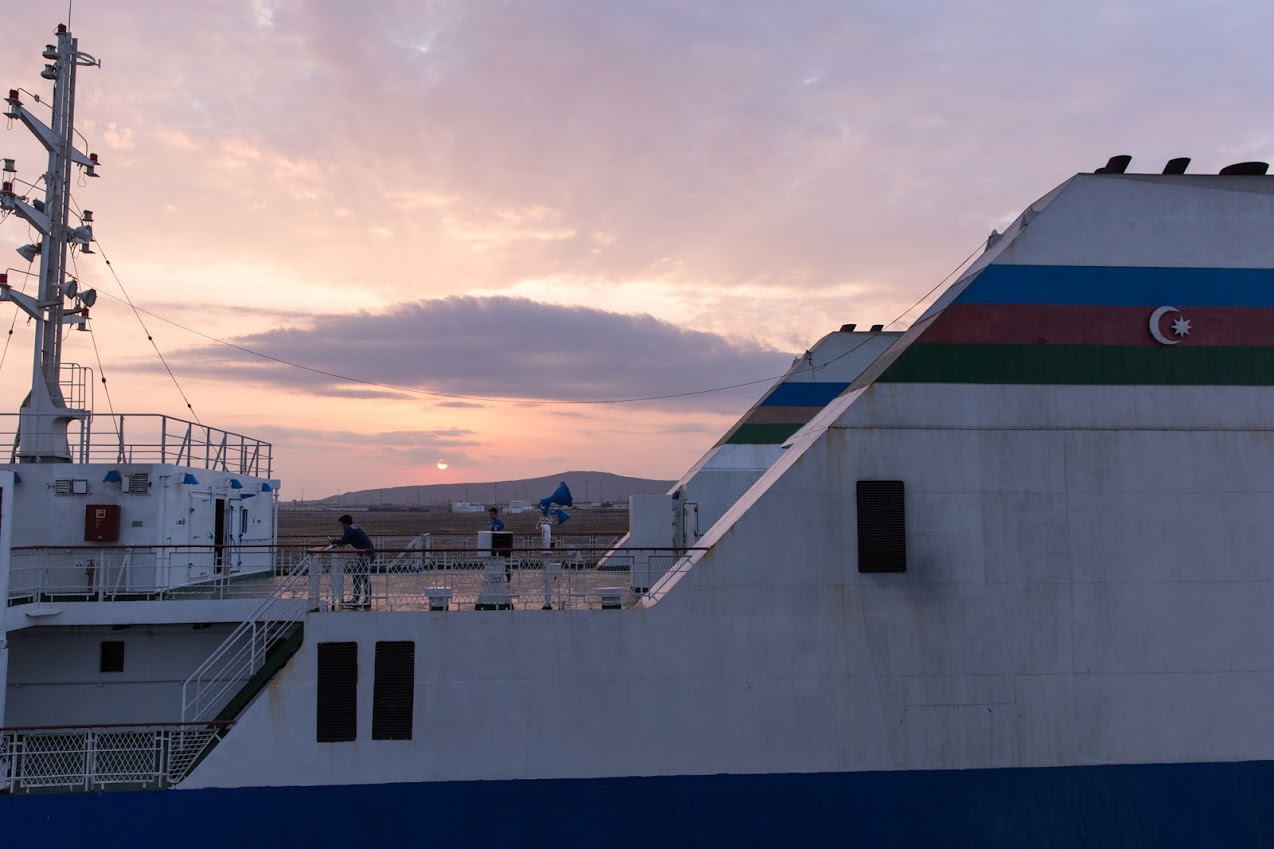Posting some quick notes on South East Asia that I’ve emailed out to friends over the last few years.
- Thailand
- Koh Tao – Get Scuba certified on this island for ~$300 USD. I was hesitant at first but really enjoyed it. Stay at Carabao resort, you’ll have to rent a motorbike, but they own the ships and have a great place to relax after a long day.
- Ko Pha Ngan – Known for their full moon party, but great discounts when it’s not! Got some cozy beach cabanas for ~$20USD/night.
- Bangkok – Large city, you’ll find plenty of things to do here. Make sure you get a Thai massage.
- Ko Samui – Larger of the islands in the Gulf of Thailand, I spent an afternoon at an elephant sanctuary! Highly recommended on a stop over.
- Krabi – Heard many good things about this place but ran out of time.
- Chiang Mai (North) – Beautiful to visit, huge contrast to Bangkok, if you have time do the “Mae Hong Song” motorbike loop. You’ll get a chance to drive through a national park, villages, and take your time. (https://www.lonelyplanet.com/articles/thailands-mae-hong-son-loop-by-motorbike)
- Grab.com – Ride share for South East Asia, link your credit card and you won’t have to haggle with the taxi drivers.
- Laos
- Countryside – I spent some time traveling North to South and found some amazing places along the way. I really wanted to be outside of the big cities
- Laung Prabang – Great place to start the trip, cozy city near the important Mekong River. Lots of accommodation overlooking the river, and nearby farms/rice patties.
- Sunrise School – Volunteer to teach English to the local kids, I did this and even got to talk to monks
- Big Brother Mouse – https://www.bigbrothermouse.com/visit.html
- Vientiane – Capital of Laos
- Minna no Cafe – Amazing place where they have deaf servers that teach you Lao sign language. (https://www.tripadvisor.com/Restaurant_Review-g293950-d13824573-Reviews-Minna_no_Cafe-Vientiane_Vientiane_Prefecture.html)
- Hash House Harriers – I know you might not like running, but think of this one as a course you have to solve as a team. At the end everyone goes and enjoys a beer. Great way to meet people (https://hashlaos.com/)
- Pakse – Tiny city but had significance because my grandma was born here. Nothing that really stands out but enjoyed how laid back it is.
- Don Det / 10,000 Islands – VERY cool spot, even though Laos is landlocked, I spent a few nights in this island. Very great place to escape the city.
- Myanmar (my favorite place in SE Asia)
- I have a huge love for this country and the people, and hope that the military government situation comes to rest. Unfortunately, I do not think you can visit at the moment.
- Vietnam
- Ho Chi Minh City / Saigon – Super big city, but a must to check out. My mom was born here! Try the famous “egg coffee”
- Nah Trang – Beach resort along the coast, known as a Russian vacation spot.
- Hoi An – Very special place to visit with the old city, known for tailored clothing. (Get a suit / clothing made)
- Hanoi – If you visit the south, the North is a great contrast.
- Hash House Harriers – Hanoi, Vietnam – WONDERFUL group, they even hire a bus to take you out into the countryside to run. Highly recommended.
- Ha Giang – If you’re in the North – Similar to Laos there’s a great motorbike tour. I would recommend this one over the Laos one. Beautiful limestone mountains, and great guest homes to stay at.
- Bong Hostel – There are a few places that will rent you motorbikes and a guide for the Ha Giang loop, but this one was great

